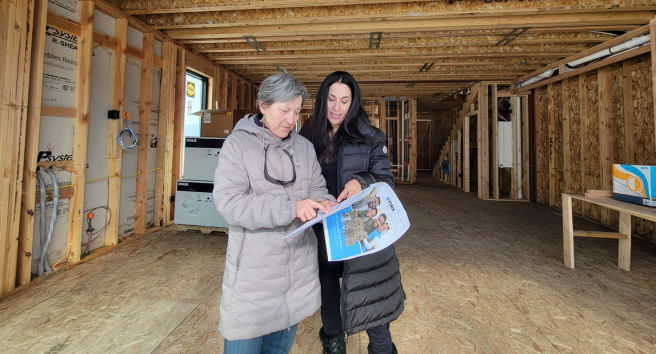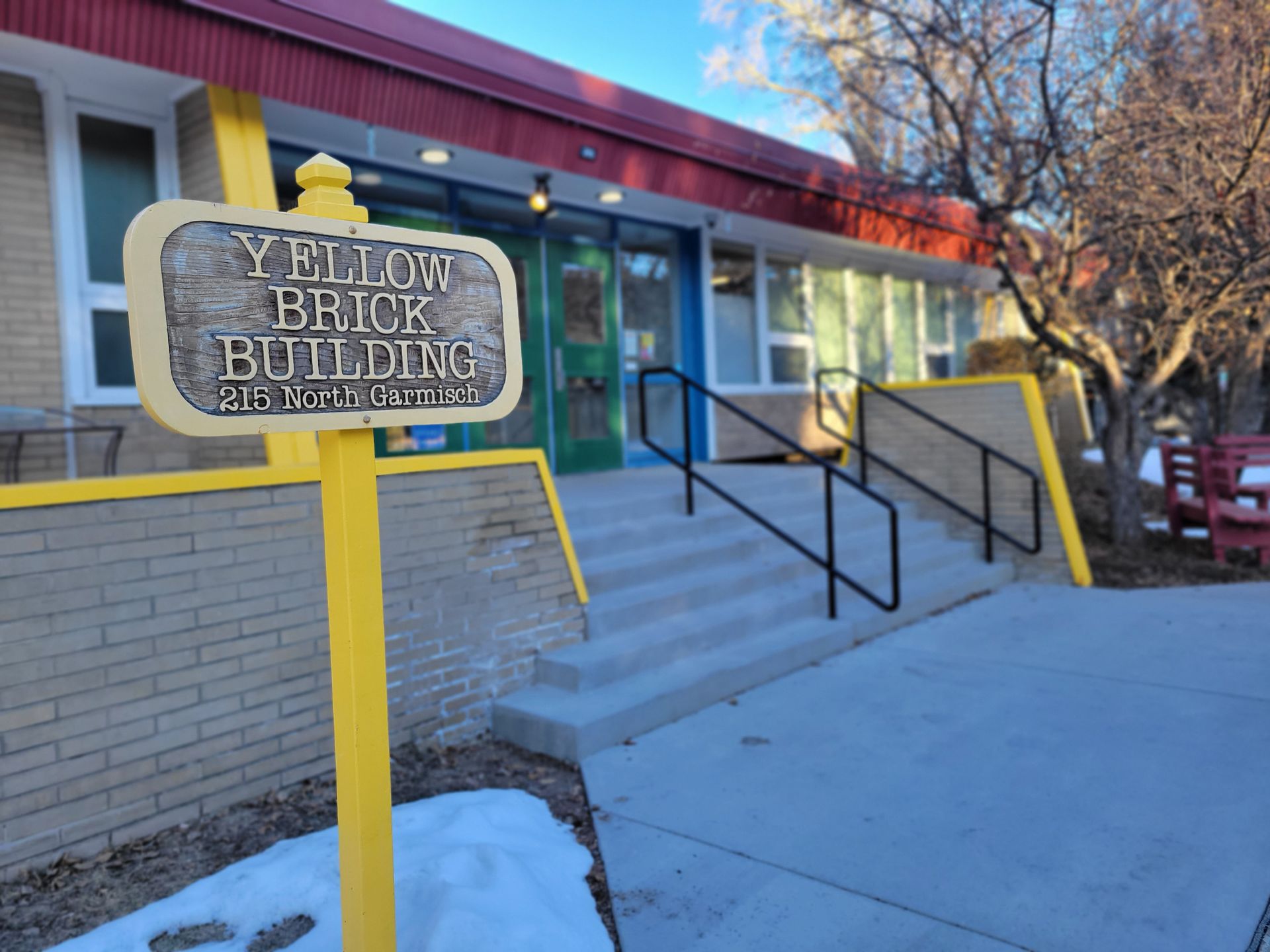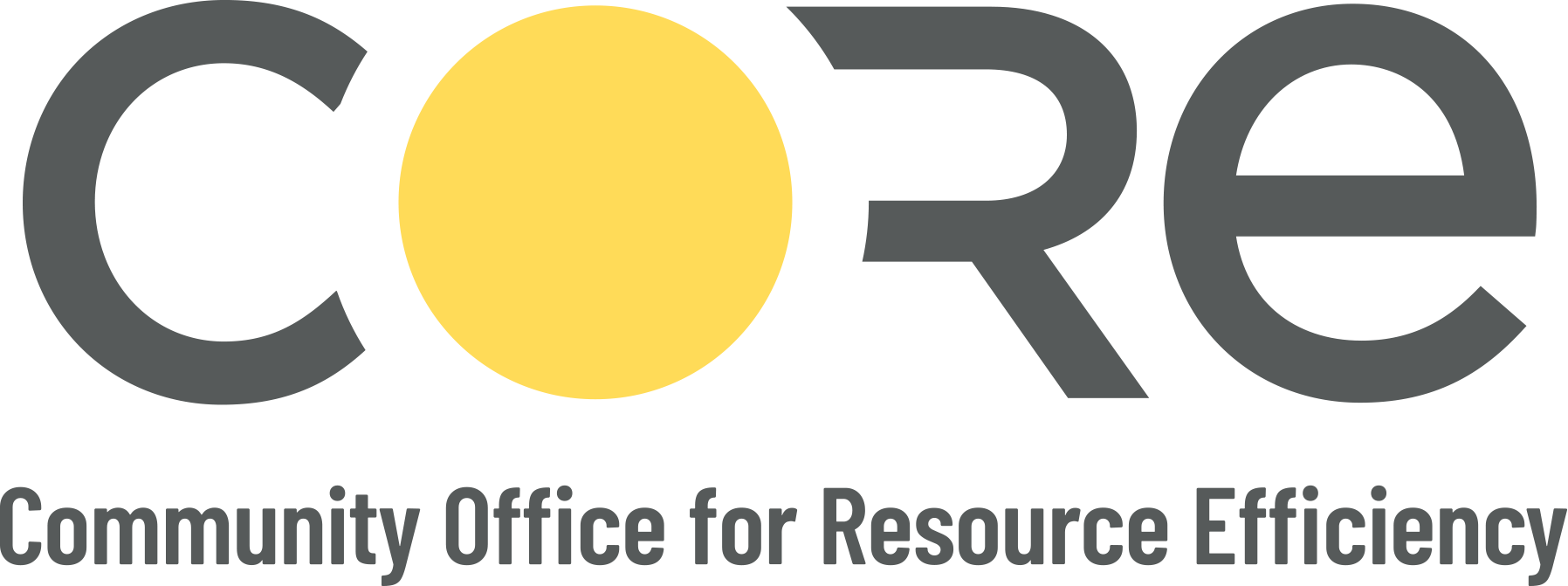CORE is Celebrating 30 Years of Impact
An impact made possible by our community’s dedication to reducing our contributions to climate change and preserving our local and global environment.
From the very beginning, you have been the driving force in addressing the climate crisis.
CORE is honored to stand alongside you, providing the financial support, guidance, and expertise needed to help individuals and organizations navigate the complexities of building processes and overcome barriers to be more energy efficient.
Thank you, our climate action heroes, for your resilience, perseverance, and focus in the fight against climate change.
Three Decades of Impact
September 2, 1994 - CORE Established
In the early 1990s, the Roaring Fork Valley faced the dual challenges of rising energy consumption and increasing awareness of climate change. The community needed a dedicated organization to spearhead energy efficiency efforts and address these pressing environmental issues.
In September 1994, the Community Office for Resource Efficiency (CORE) was founded, emerging from the collaborative Energy 2000 Committee. Local governments, utility providers, and residents came together to support this initiative, with Randy Udall and Lynn Haynes hired as co-directors.
CORE's initial focus was on practical, impactful projects like switching to LED light bulbs and insulating buildings.
1997 - Wind Power Pioneers Established
Wind Power Pioneers was initiated by Rudd Meyer, Randy Udall, and Holy Cross Energy. The program, also adopted by Xcel Energy and the City of Fort Collins in 1996, was made available in January 1998 and offered customers the option to purchase wind energy credits.
1999 - Solar Pioneers Established
The Solar Pioneers Program was established as one of the nation’s earliest solar rebate programs. CORE provided rebates to homeowners and businesses who installed solar PV or solar hot water.
2000 - REMP Established
The City of Aspen and Pitkin County have long grappled with balancing how to accommodate new large-scale, luxury construction and upholding sustainable energy practices. A long-term objective has been to prevent new developments from increasing carbon emissions and environmental degradation within our community.
In 2000, these municipal partners collaborated with CORE to establish the Renewable Energy Mitigation Program (REMP). This program is aligned with a regulation that mandates homes with high exterior energy usage either install on-site renewable energy systems or pay a REMP fee.
REMP funds are reinvested by CORE into the community to bridge the gap for residents who wish to implement energy-efficient solutions in their buildings but lack the resources to do so.
Since its inception, REMP has reinvested over $16.5 million into the local economy, empowering residents and businesses to save energy and reduce costs in our collective effort to combat the climate crisis. REMP has also fostered job creation for contractors, energy analysts, and climate-focused professionals.
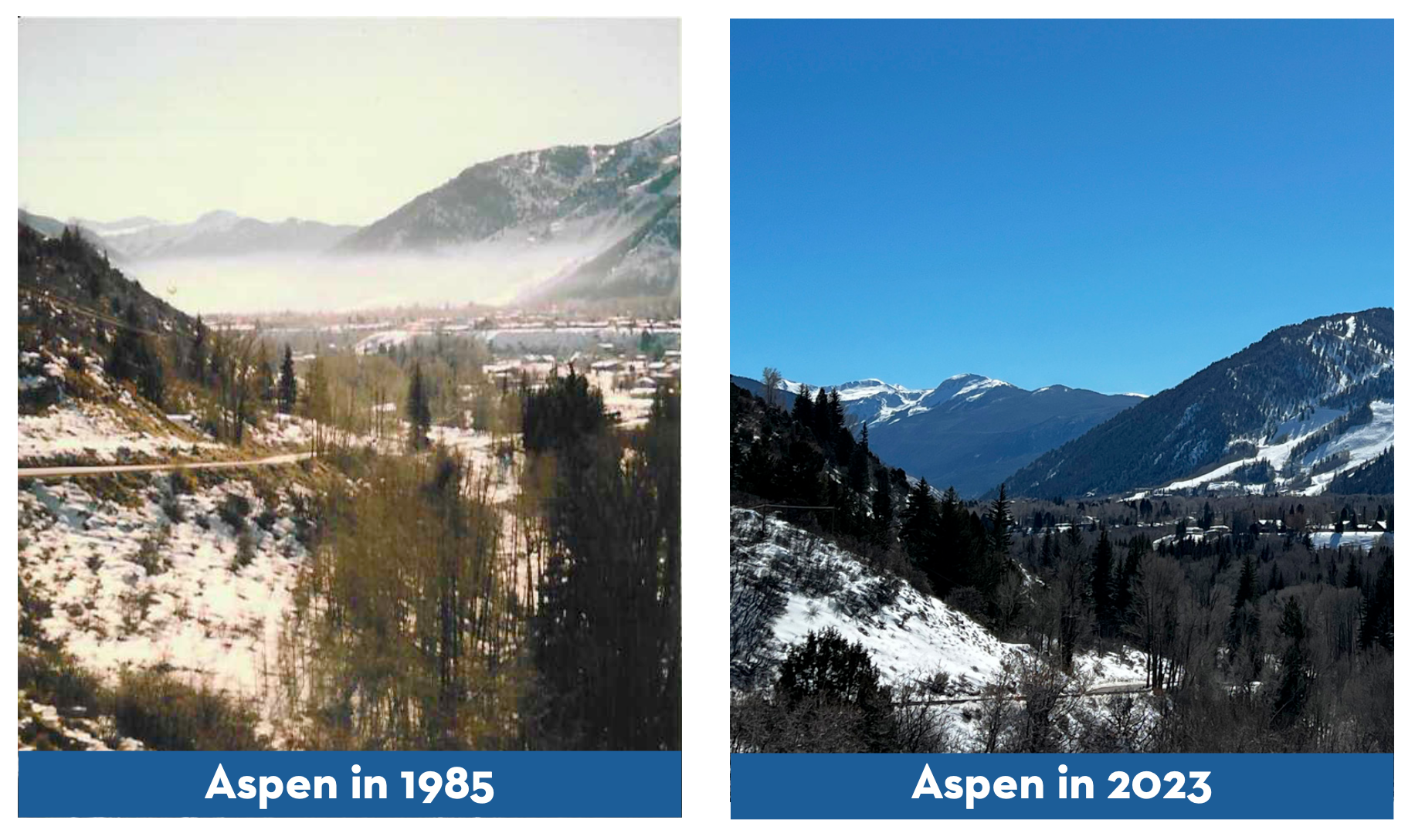

2011 - Energy Smart Colorado Established
Colorado's rural mountain communities have historically faced a shortage of skilled energy management professionals. This includes a workforce with expertise in climate advancement technologies that are proven to effectively operate in high-elevation environments with extreme weather conditions.
In 2011, CORE received $4.9 million from the U.S. Department of Energy's Better Buildings Neighborhood Program to launch Energy Smart Colorado in Eagle, Pitkin, and Gunnison Counties. This network of energy resource centers offered residents access to knowledgeable energy advisors, affordable financing options, and a pool of certified contractors.
Between 2011 and 2014, Energy Smart Colorado conducted 994 home energy assessments and completed 920 building retrofit projects - saving property owners more than $300,000, reducing carbon emissions by 2,029 MTCO2e per year, and generating 12,000+ hours of contractor work during a time of economic downturn.
2011 - CORE & CMC Offer Energy Management Coursework
As part of the US Department of Energy’s Better Buildings Neighborhood Program, CORE collaborated with Colorado Mountain College to provide subsidized workshops and certification courses, aimed at training students interested in specializing as energy management contractors.
Energy Smart staff worked with a local community college (Colorado Mountain College) to provide “BPI Building Analyst” training for new staff members and contractors interested in providing home energy assessments through the program.
The field work of the course put building science principles to practical use on real buildings. Course objectives prepared candidates to perform comprehensive energy and building health and safety inspection on buildings.
Energy Smart offered selected contractors $1,500 as education incentive.
2013 - Reach Program Established
The financial divide in our rural resort communities has been a growing concern for decades. Presently, at least one-third of households in the Roaring Fork Valley are considered “cost-burdened,” paying more than 30% of their household income on housing.
CORE committed to enhancing the accessibility and affordability of its energy reduction programs for local community members.
In 2013, CORE introduced the 'Reach' program, offering grants to local, income-qualified homeowners for energy-saving building improvements.
Fast Forward:
Over the years, CORE adapted its funding programs to better align with community needs. It went on to create Green Key Grants, Colorado’s Affordable Residential Energy Program (CARE), and most recently, the Community Priority Participant Program.
2014 - Randy Udall Energy Pioneer Grant Established
Addressing emissions from the built environment demands a collective endeavor. However, financial constraints tied to daily living expenses were restricting participation in climate action initiatives.
In 2014, CORE launched the Randy Udall Energy Pioneer Grant, which provided funding to public agencies, schools, nonprofits, and local businesses for energy-saving building improvements. Named in honor of Randy Udall, CORE’s first executive director and one of the nation’s leading activists in promoting energy sustainability, this grant was CORE’s largest and most competitive grant program at the time.
Grant Award Highlights:
- 2014: $800 was awarded to the St. Moritz Lodge to install water efficiency systems like low-flow toilets.
- 2015: $1,500 was awarded to the Yellow Brick School Building to make the switch to LED lighting.
- 2016: $10,000 was awarded to the Isis Theater to upgrade its space heating and cooling systems.
- 2019: $60,000 was awarded to APCHA to develop resilient, affordable, net-zero energy housing designs.
2022 - City of Aspen’s Building IQ Benchmarking Program Established
CORE supported local governments in developing and adopting new building codes, regulations, and standards, and provided hands-on support for residents to successfully implement the changes.
In 2022, CORE expanded its work in the built environment by contracting with the City of Aspen to oversee the Building IQ benchmarking program. By measuring and comparing a building’s energy use to similar buildings, past consumption, or a reference performance level, buildings can reduce their energy consumption by 2-3% per year.
2023 - Methane Gas Research Begins at Coal Basin
In 2021, CORE was awarded a $1.2 million grant from the U.S. Department of Energy to research methane gas release from the discontinued mines at Coal Basin near Redstone, Colorado.
From our research, we estimate that 1,950 metric tons of methane are escaping from Coal Basin each year. That’s equivalent to 36,456 gasoline-powered passenger vehicles driven for one year or nearly 33% of all the other emission sources in Pitkin County combined.
Since methane contributes to more than 25% of current global warming, mitigating methane emissions at Coal Basin could be one of the most significant efforts to reduce greenhouse gas emissions in our communities and propel us closer to achieving our climate action goals.
2023 - Community Priority Participant Program Established
In 2023, the median home price in Pitkin County was $3 million, while the median wage for one person was $80,050 and $114,300 for a family of four. Recognizing this disparity, CORE established the Community Priority Participant Program.
Local community members, from teachers and childcare workers to veterans and government staff, may qualify for savings of up to $15,000 on a single project.
Our Community Priority Participant rebates also extend to essential service facilities such as schools, government buildings, and nonprofit offices. Up to $30,000 is available per commercial or multifamily building project.
In 2023, CORE allocated more than $600,000 to Community Priority Participants.
2023 - Regional Workforce Study Conducted
Upgrading multifamily buildings to be more energy-efficient comes with a unique set of barriers. In 2023, CORE secured a $30,000 grant from the Economic Development Agency to conduct a regional workforce study and strengthen its partnership with Colorado Mountain College.
This collaboration aims to broaden training programs for the green workforce, focusing on expanding expertise in electrical vehicle (EV) charging infrastructure installation, repair training, and other sustainable energy trades across multiple campuses statewide, including Aspen, Carbondale, Glenwood Springs, Rifle, and Edwards County.
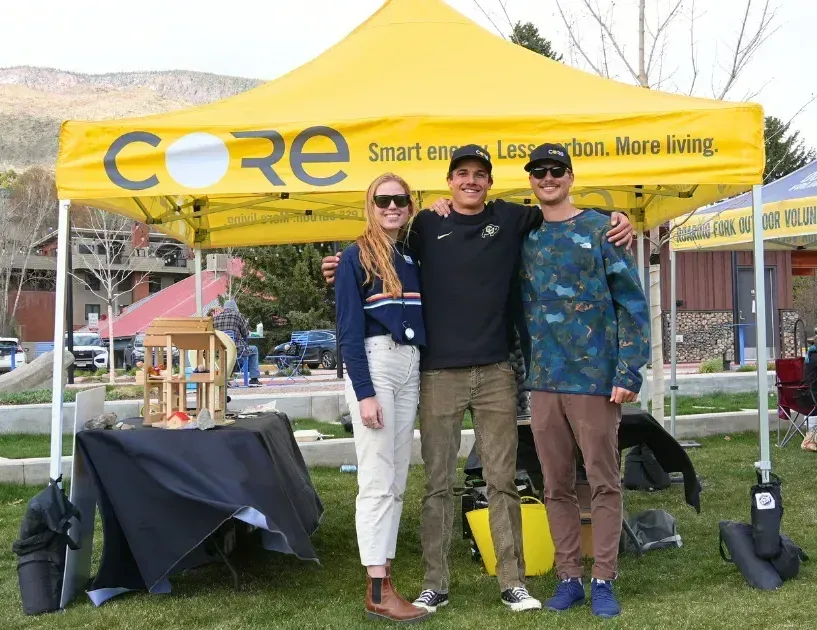
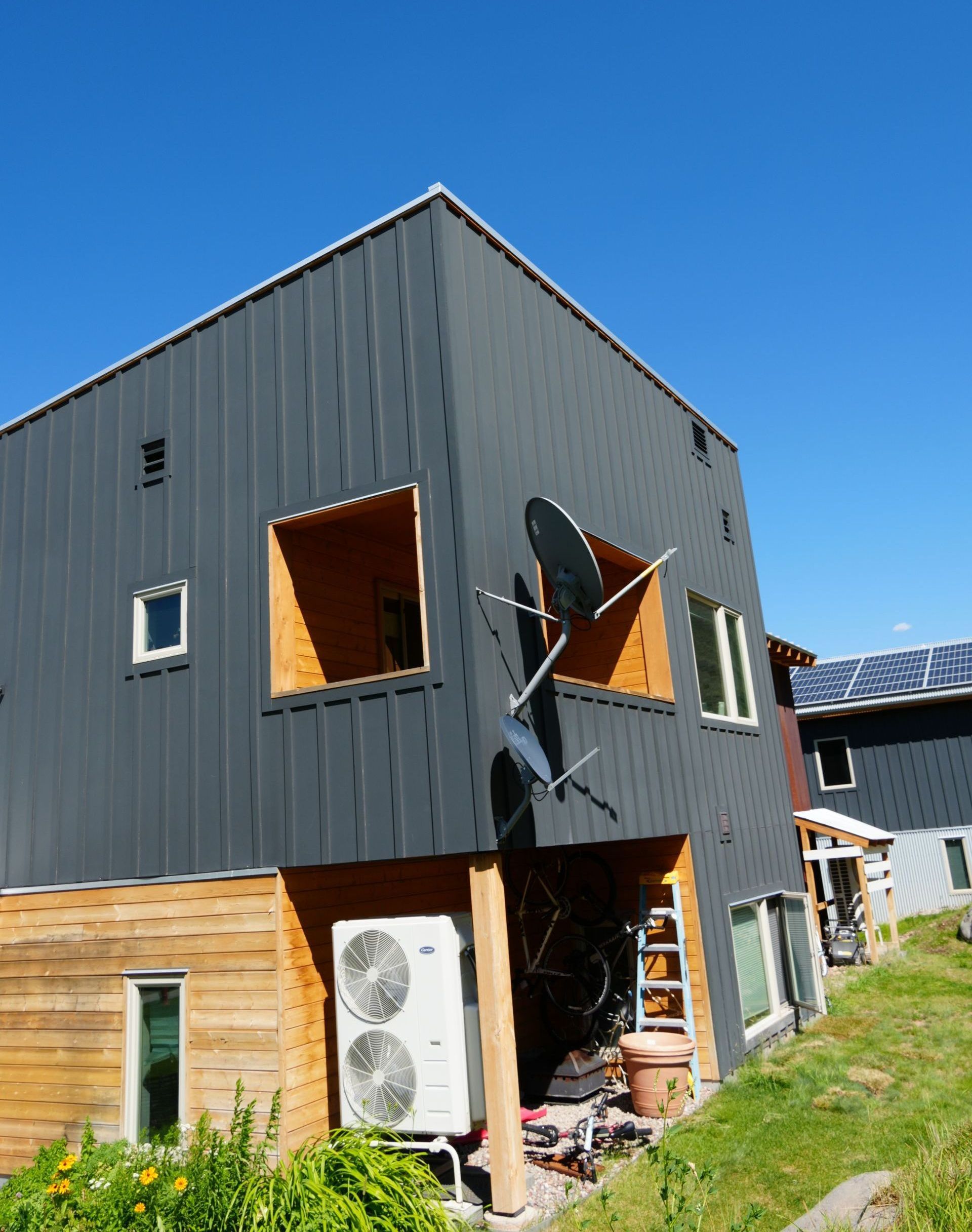
Stronger Climate Action for Our Future
As CORE moves forward into the future, our commitment to accelerating our mission to combat climate change grows stronger, as does our investment in projects with the highest potential for reducing carbon emissions.
Looking forward, we make these commitments to our communities:
- We will address climate change swiftly, impactfully, and courageously.
- We will enhance our capacity to combat the climate crisis.
- We will demonstrate how community priorities align with climate action.
- We will bridge the gap between ambitious climate goals and taking measurable action.
- We will diversify and strengthen our revenue streams to increase the pace and scale of our work.
- We will strengthen effective engagement with our communities, advancing this important work together.
Learn more from our strategic plan.
Take Action
We all must work together if we’re going to combat climate change and drive meaningful environmental change for our community. Join us to take action today.
- Get Started With Our FREE Energy Concierge Services. We will connect you with ways to reduce energy consumption and increase efficiency in your home and business.
- Choose Your Energy-Saving Service. From energy assessments to funding to recommendations on project planning and contracted support - we will provide personalized assistance for making energy-efficient upgrades to your building.
- Receive Ongoing Guidance and Support. Join a network of individuals and organizations voicing their dedication to improving energy efficiency in our community, with long-term support for future projects.
- Donate to CORE. Support homeowners, businesses, and other community organizations to reduce their carbon emissions and protect our community.

